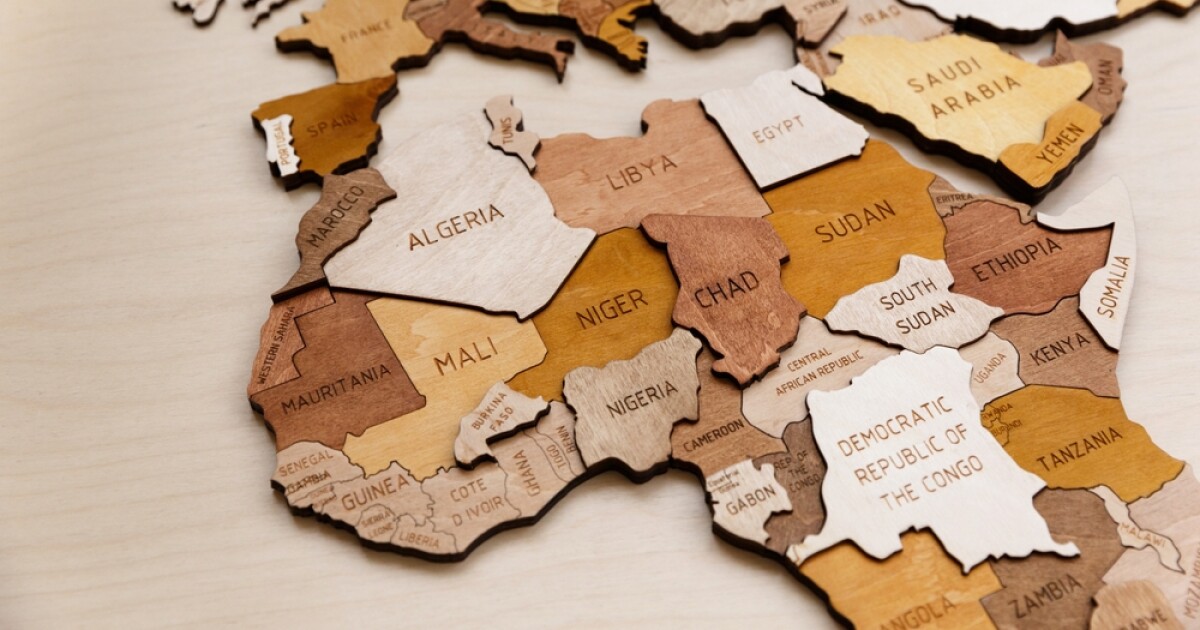From the Gulf of Guinea to South Africa’s Orange Basin, exploration offshore West Africa is experiencing a miniboom. International operators are flocking to the region, led by Brazilian state Petrobras, which just three years ago had completely exited. Majors and independents are continuing to test the West African waters, trying to sustain momentum in the region as some of the shine wears off once-vaunted new plays, such as Namibia. Fiscal terms vary enormously across the region, and governance remains a concern. But there has been a general shift to improved operating environments, as host nations come under pressure to deliver investment. Angola has been the poster child for the pivot to a more investor-friendly regime, although new opportunities there are limited, with only 25 exploration blocks left available, according to Angola regulator ANPG. Azule Energy, the West Africa-focused joint venture between BP and Eni, spudded its first well in Angola’s Block 47 last week in the Lower Congo Basin and hopes it will be a play-opener. “In case of discovery, it will unlock a new production hub. So keep your fingers crossed,” Azule Exploration Manager Giovanni Aquilana told attendees at the Africa Oil Week conference in Accra this week. Azule has made nine discoveries in the 11 exploration wells it has drilled since it was formed in 2022, including Angola’s first-ever dedicated gas discovery, Gajajeira, on Block 1/14. It is currently preparing to start up the $8.2 billion Agogo oil project by year’s end and Angola’s first nonassociated gas project — the 400 million cubic foot per day New Gas Consortium — by early 2026. A final investment decision on developing several discoveries on Block 31 should be coming within the next few months, Aquilana said. While most Angolan acreage is available for direct negotiation, “At the end of this year, we will launch the public tender for seven blocks in the Kwanza Basin and Benguela Basin,” Kialunga Martins, ANPG’s head of negotiations, told the conference. Supermajor Shell is another one to watch as it pivots back to West Africa and returns to Angola after a two-decade absence.
The outlook is less sanguine in Namibia, which burst onto the scene earlier this decade with play-opening discoveries. The issue is not the subsurface, with industry buzzing about the imminent announcement of another discovery by operator Rhino Resources at Petroleum Exploration License (PEL) 85, where Azule is also a partner. But Windhoek is struggling to deliver key local-content and gas utilization legislation that is needed for investments to go ahead. The huge challenge Namibia faces in launching a whole new oil and gas industry has been exacerbated by President Netumbo Nandi-Ndaitwah’s shake-up of industry governance upon taking office in March, in which she scrapped the oil ministry and took personal charge of the sector. “The new system is clearly not working with the companies. We would much rather deal with a ministry and with people who have clear lines of authority,” complained one executive. The president has appointed advisers, but there has been no news on a Petroleum Regulatory Authority, which was supposed to have been created in April. Politics has been a distraction, with elections due in November. Meanwhile, extensive public consultation is ongoing on a local-content law that had been expected to come out this month; optimistically, it will pass around year’s end or early 2026, according to one Namibian source. But real work on a gas masterplan has yet to get started, the source said. Gas utilization is a major concern in Namibia, with high levels of associated gas throughout the Orange Basin. The uncertainty is slowing discussions around planned projects — sources say TotalEnergies is taking a tough approach in talks for developing its Venus discovery. On the plus side, Total and Petrobras continue to hold talks over a potential farm-in to Galp’s giant Mopane discovery on PEL 83.
To the north, the Gulf of Guinea is set for a surge in activity. Key wells are coming up offshore Sao Tome and Principe (STP) and Cote D’Ivoire. Ghana is looking to pioneer its onshore Voltaian Basin, while last month, Cameroon launched a licensing round for nine blocks, including five offshore, with awards targeted for April 2026. Total this month signed up for four blocks offshore Liberia. And Petrobras, which last month farmed in to a fourth STP block alongside Galp, is looking to further strengthen its position there and is in talks to become an operator, sources say. Shell is poised next month to spud only the second well in STP’s Exclusive Economic Zone. Offshore Cote D’Ivoire, US independent Murphy Oil is poised to start drilling its first well in November since taking operatorship of five blocks in 2022. Eni, too, should be drilling in Cote D’Ivoire soon to appraise last year’s 1.5 billion barrel Calao discovery, sources say. It’s not all exploration in West Africa: Nigerian independents Seplat Energy and First E&P are intensifying development drilling in their shallow-water blocks offshore the Niger Delta, while Ghana is pushing for a fast-track development of Eni’s Eban and Akom discoveries in a bid to stem precipitous production declines.
CountryProject (% stake)Main PartnerStatus
AngolaStudying seven blocks with right to exclusive negotiationsANPGBlock selection by end Nov’25
Cote D’IvoireStudying nine blocks with right to exclusive negotiations–Declaration of interest signed in Jun’25
NamibiaIn talks for operator stake of Mopane discoveryGalpDeal targeted by year’s end, but “no rush”
Sao Tome and PrincipeBlocks 10 and 13 (45%), Block 11 (25%), Block 4 (27.5%)ShellBlock 10 Falcao prospect due to drill in Oct’25
Sao Tome and PrincipeAdditional block(s) as operator–In talks
South AfricaDeep Western Orange Basin (10%)TotalEnergiesFarm-in signed Oct’24, yet to drill
Source: Energy Intelligence, Petrobras
